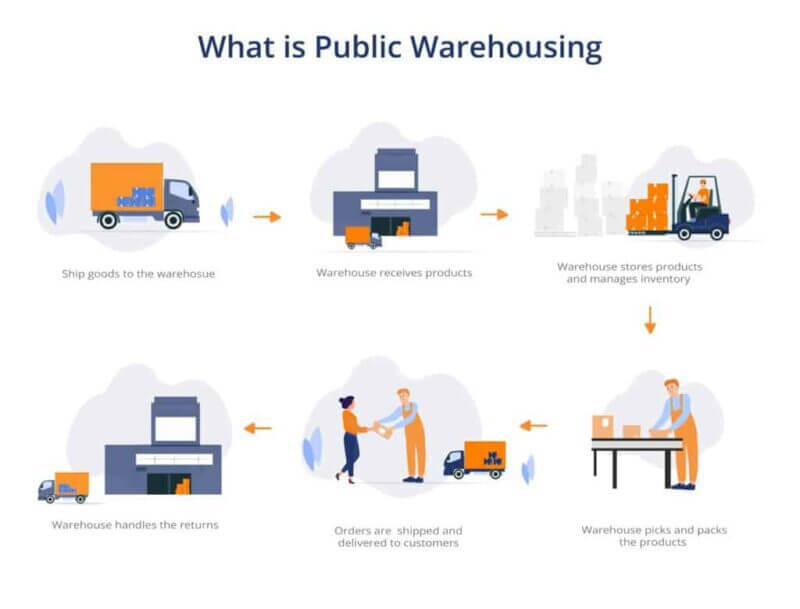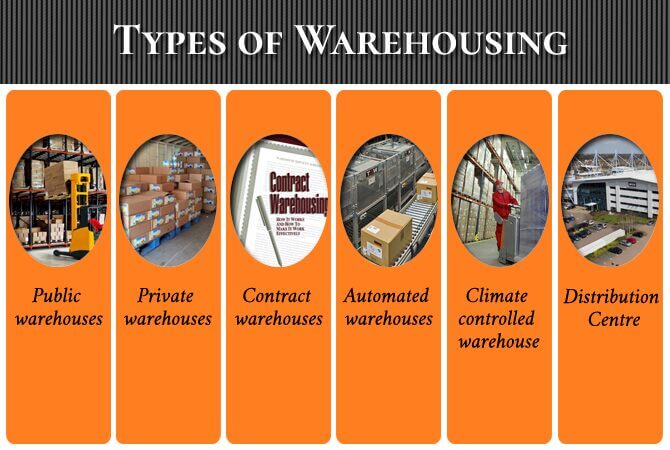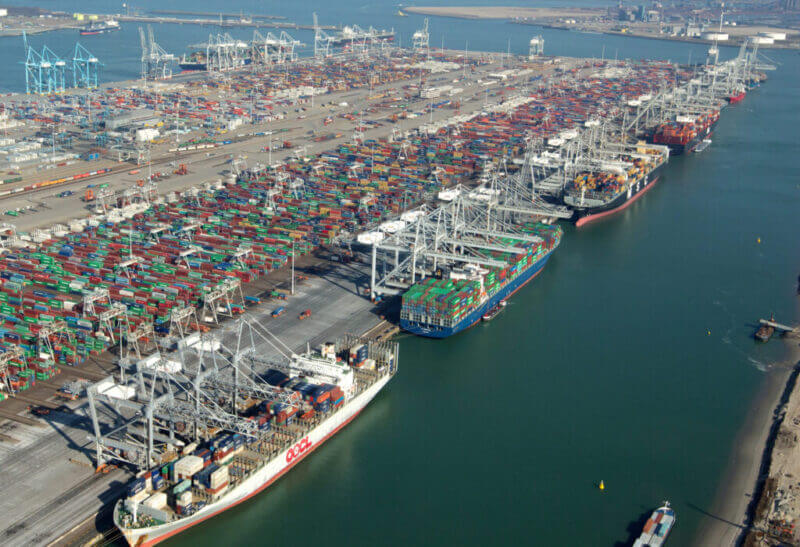Introduction:
In a world where logistics and supply chain management are critical to business success, warehousing plays a vital role. For many companies, storing and managing inventory can be a challenging task. This is where public warehousing offers a solution. In this blog, we will provide an brief overview of what public warehousing is, its benefits and its various applications for businesses.
What is Public Warehousing?
Public warehousing is an external storage facility that is available for different businesses to store their goods. It is managed by a third party, the public warehouse provider, which specializes in warehouse management and logistics. Unlike private warehousing, where a company owns its own storage facility, in public warehousing, multiple companies share space and services.
Benefits of Public Warehousing:
- Cost savings: One of the main advantages of public warehousing is that it allows companies to save costs. Instead of investing in building or renting their own warehouse, companies can share operational costs with other companies using the same facility.
- Flexibility: Public warehouses allow companies to use their storage space on a flexible basis. They can scale up or down space depending on seasonal demand or changing needs, making them more agile in a dynamic market.
- Logistics Expertise: Public warehouse providers specialize in logistics and warehouse management. They have advanced systems and processes to efficiently manage inventory, leading to improved operational efficiency for businesses.
- Geographic Advantages: Public warehouses are often strategically located at transportation route hubs, ports or near major cities. This reduces transportation time and costs, allowing companies to serve their customers faster.
Applications of Public Warehousing
- Seasonal Warehousing: Companies that sell seasonal products, such as Christmas decorations or summer clothing, can benefit from public warehousing to store their inventory during peak periods and reduce it again during quiet periods.
- Inventory management: For companies with fluctuating demand for their products, public warehousing can help optimize inventory management. They can store their inventory in the facility and match inventory levels to market demand.
- Growing Startups: Startup companies that are not yet ready to invest in their own warehouse can use public warehousing to manage their inventory as they grow.
- International Distribution: Companies that operate internationally can benefit from public warehousing near major port cities to quickly distribute their goods to different markets.
Conclusion:
Public warehousing offers companies a cost-effective, flexible and efficient solution to their warehousing needs. It allows them to focus on their core business while logistics experts manage the storage and distribution of goods. Whether for seasonal storage or international distribution, public warehousing has a wide range of applications that can help companies optimize their supply chain and achieve competitive advantage in the marketplace.

Navitrans Warehouse Management System (WMS)
With Navitrans Logistics Software, businesses can effectively manage their public warehouse operations, including inventory control, order processing, and warehouse optimization. The software provides real-time visibility into stock levels and helps automate various warehousing tasks, leading to improved productivity and reduced errors. Navitrans is based on Microsoft Dynamics 365 Business Central.
Author is Harry Luijk – Logistics & Supply Chain Professional – CCO at Navitrans a Valsoft Aspire Software Company | Partner at Merlyn Consult.






